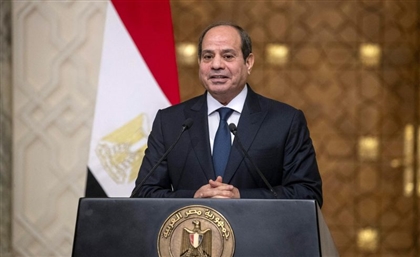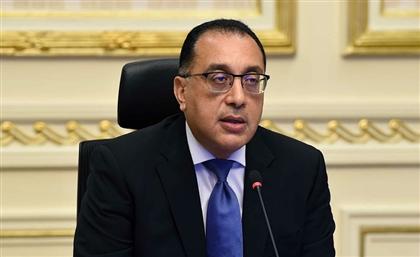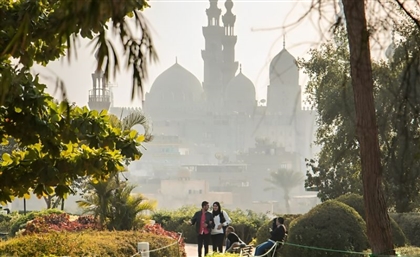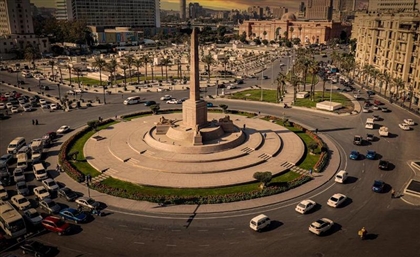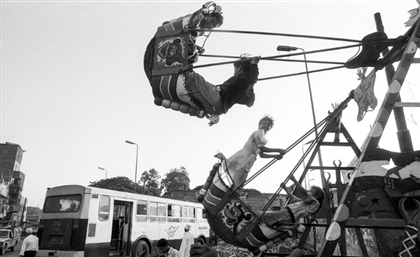Subbing From the Top
An economy built on subsidies is not an economy at all, as Nathan Anderith so wittily explains.
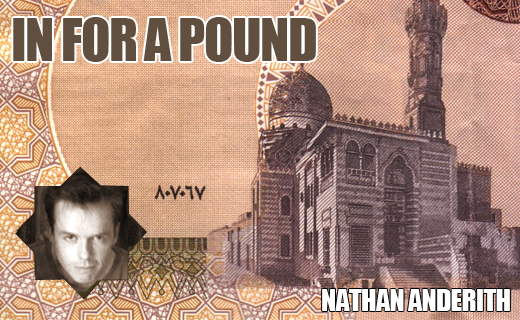
Let’s say you’ve got a teenage kid. He’s a nice kid - a little slow, maybe, but he’s got a good heart. He’s not great at holding down a job, so he needs your help - tea, shisha and skin-tight jeans aren’t free, after all. There are a lot of ways you could lend a hand: you could give him a little cash every month, you could pay for him to go to a good school, you could even try to get him a job. But these ideas are all far too sane. Instead, you pick something that he likes, say cigarettes, and you go to all the shops in your neighbourhood and pay them to sell your son cigarettesat a super-low price. You even make a deal so that no matter how high the market price gets, the prices for your son will always stay the same, and you’ll pay the difference. Sound like a good plan?
Welcome to the world of the government subsidy, one of the most hilariously idiotic economic policies ever devised. It’s bad for the kid, it’sworse for the parent, and it’s bankrupting your country.

Like most really terrible government programs, it started out as a good idea. Prices were going up during World War II, so the government decided to lend folks a hand and make sure that they could afford bread, fuel, cooking oil and so on. They didn’t have the system in place to give cash hand-outs, so they just paid sellers to keep their prices low. Makes sense during a crisis. But they kept it going after the war, and it eventually became part of the social contract between the people and the government. President Nasser in particular made the subsidy program an explicit mandate of the socialist state, basically staking the legitimacy of the government on its ability to keep those prices down, a promise that anyone with a calculator and a calendar could tell you they would eventually have to break.
So your kid’s been getting his cigarettes super cheap for a few years, and he’s come to expect it, so that the prices he’s paying seem like the real prices and not artificial creations. If you’re deep in debt and you try to cut back on your spending, he’s not going to see it as you being responsible, he’s going to see it as you being a dick. Raise those prices too much and he’ll throw a temper tantrum, like in 1977, when President Sadat up and decided he was going to cut all subsidies for flour, rice and cooking oil. A few hundred thousand upstanding citizens politely made their displeasure known, and 79 people died in the subsequent riots. Similar riots in 2007 and 2008 set the stage for the revolution, which itself got an early boost from a string of bread protests that popped up around the start of the Tahrir demonstrations. Across the whole Arab world, people have lost their collective shit any time anyone’s proposed cutting their precious subsidies.

Then why try to cut them, if it’s so dangerous? First of all, they’re expensive as hell and the amount of that expense is totally out of the government’s control. Remember, your deal with the cigarette shops was that they’d sell their knock-off Marlboros to your son at a set price, and you’d pay whatever the difference is between that price and the market value. You didn’t account for that price to increase with inflation or the cost of inputs. Oil and food prices go up? Population doubles? Value of the pound drops? Tough shit, a deal’s a deal. That’s the reason subsidies now eat up about a quarter of all government spending, or 10% of GDP; a portion that, by the by, is just about the same as the deficit, which means that if the programme was killed tomorrow, Egypt would have a balanced budget. Seriously.
Second, they’re bad for the kid. You lower the price of cigarettes and guess what? He’s gonna smoke a lot more. You think it’s a coincidence that gas is $1.75 a gallon and Cairo’s got some of the worst traffic in the world? The tasteless, nutrition-less baladi bread that’s been 5 piasters since 1989 (₵0.75) is the primary source of calories for millions of poor Egyptians.
Third, most of the money never reaches the poor. Partly, that’s because of corruption - both the shop and your kid are scamming you, pocketing anywhere from 30-50% of total payments. But the system itself is inherently regressive, meaning it benefits the rich more than the poor. The fuel subsidy is the most regressive, which is wonderful since it’s about two-thirds of all subsidy payments.If you’re a rich guy living in Maadi and commuting to Dokki every day, the government’s paying you 1,200 pounds ($175) a month to clog up the road with your fancy-ass car.

Finally, they create a system that’s dangerous because it’s unsustainable. The country’s energy infrastructure was built around the assumption of a continuous supply of subsidised fuel, and when the government can’t pay for that fuel any more we’re going to see a steady stream of rolling blackouts, probably right in the middle of Ramadan, this July. That’s going to be a lot of hungry, sweaty people with nothing to do but go out in the street and start lighting things on fire.
The IMF is in Cairo to discuss the loan (again), and they’ve made it very clear that fixing this whole sorry mess is the key condition for their help. The problem is that for the government to make any meaningful reforms would require economic expertise, political courage, and open communication. So… yeah. Should happen any day now.
- Previous Article I Got Banged!
- Next Article Nomades Land
Trending This Week
-
Apr 10, 2024




